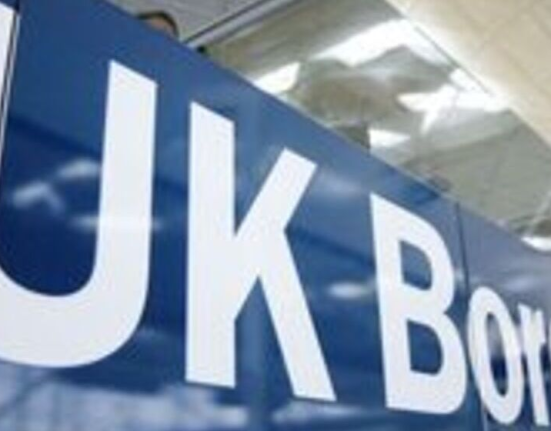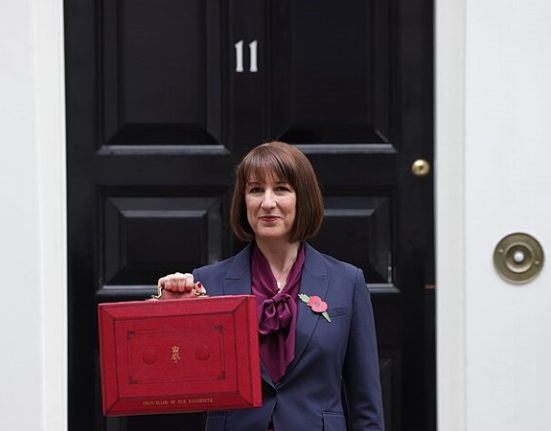Overseas contributions breach election law
Reform UK has been forced to return almost £200,000 in unlawful donations this year – more than any other British political party – highlighting the fundraising challenges facing Nigel Farage’s fast-growing movement.
According to Electoral Commission data, Reform rejected 18 impermissible donations, including 11 from individuals living overseas in Monaco, Jersey and Germany. In total, the party returned £60,300 from those foreign donors, who were not eligible to give money under UK law.
Other donations were turned away because they lacked essential information such as addresses, or came from companies that failed to prove they were actively trading in Britain.
A party spokesperson said Reform “takes pride in its stringent vetting of donations” and insisted that “guidelines on donations are strictly followed.”
Compliance issues amid rapid growth
UK election rules state that only registered voters and UK-based companies can donate to political parties. Any impermissible donation must be returned within 30 days.
Reform, which is currently leading in national opinion polls despite holding only five MPs, has been seeking to raise up to £40 million ahead of the next general election expected in 2029.
The largest rejected contribution – £100,000 – came from Bellcave Limited, a holding company linked to Greybull Capital, which later made a compliant donation of the same amount. Another £30,000 donation was returned from Francesco Dixit Dominus, chief financial officer of Viaro Energy, who was not on the electoral roll at the time.
Experts say the pattern reflects both Reform’s rising profile and its lack of institutional fundraising infrastructure. “Reform is attracting attention from potential donors abroad who aren’t familiar with British electoral law,”
Transparency concerns grow
Transparency International UK policy director Duncan Hames said the findings “show that concerns over ineligible donors seeking to influence our politics are real and justified,” even if the party appeared to be following compliance rules.
Since the last general election, Reform has raised just over £3 million, far less than Labour or the Conservatives. Farage has also courted high-profile figures such as Elon Musk, though the two reportedly fell out after disagreeing over whether to associate with far-right activist Tommy Robinson.
The Electoral Commission’s chief executive, Vijay Rangarajan, has warned that Britain’s political finance system “needs strengthening to protect against foreign interference.”
Reform’s funding troubles underline the tension between its soaring popularity in the polls and the practical realities of building a credible national campaign operation.







